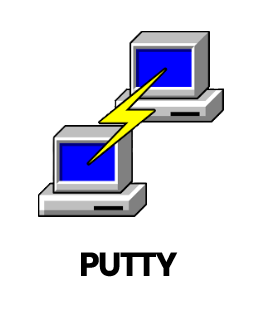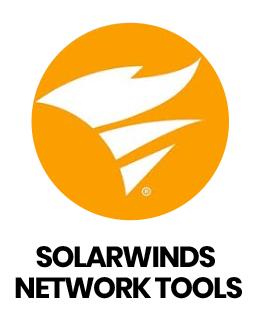- Join Our Best CCNA Training Build Networking Skills & Cisco Certification Readiness.
- Complete CCNA Training – Network Management & Labs IP, Routing, Switching & Security.
- Get Real-Time Experience with Labs, Case Studies & Network Scenarios by Cisco Experts.
- Flexible Learning – Weekday, Weekend, or Fast-Track Batches to Suit Your Schedule.
- Boost Your IT Career With CCNA Certification and Industry-Expert Placement Assistance
- Get Expert Guidance For Resume Building, Interview Preparation & IT Career Growth.
Join Our 100% Job Guaranteed
CCNA Training
WANT IT JOB
Become a Data Analyst in 3 Months
Freshers Salary
3 LPA
To8 LPA
Quality Training With Affordable Fees!

INR
36,000
INR 16,500

11943+
(Placed)
6489+
(Placed)
8976+
(Placed)
4789+
(Placed)
























 Chennai Location
Chennai Location Bangalore Location
Bangalore Location